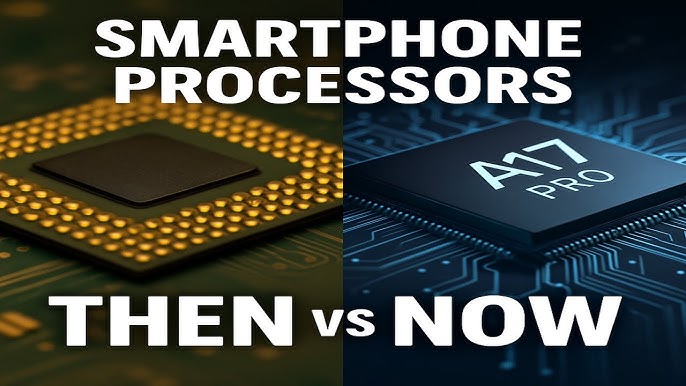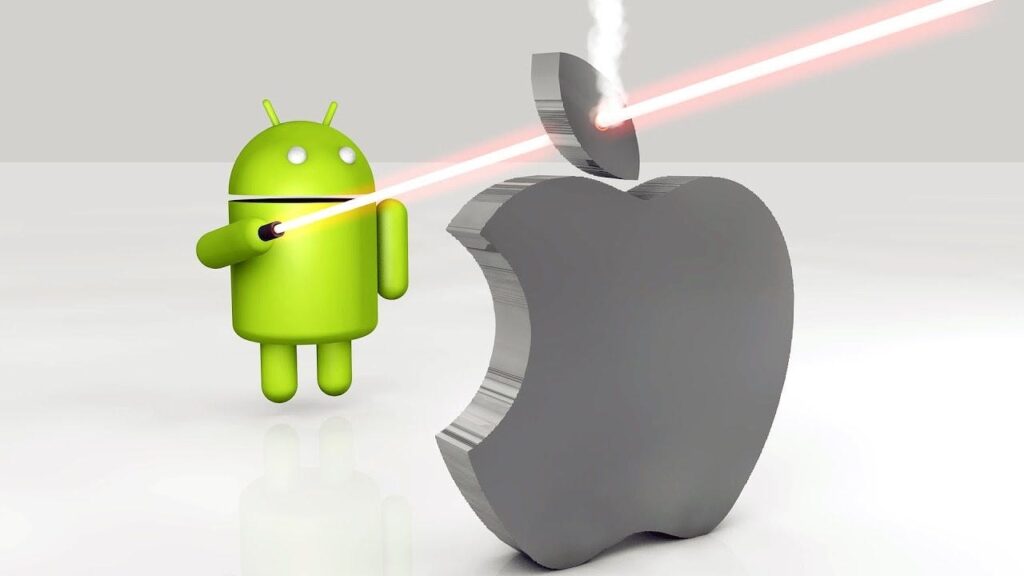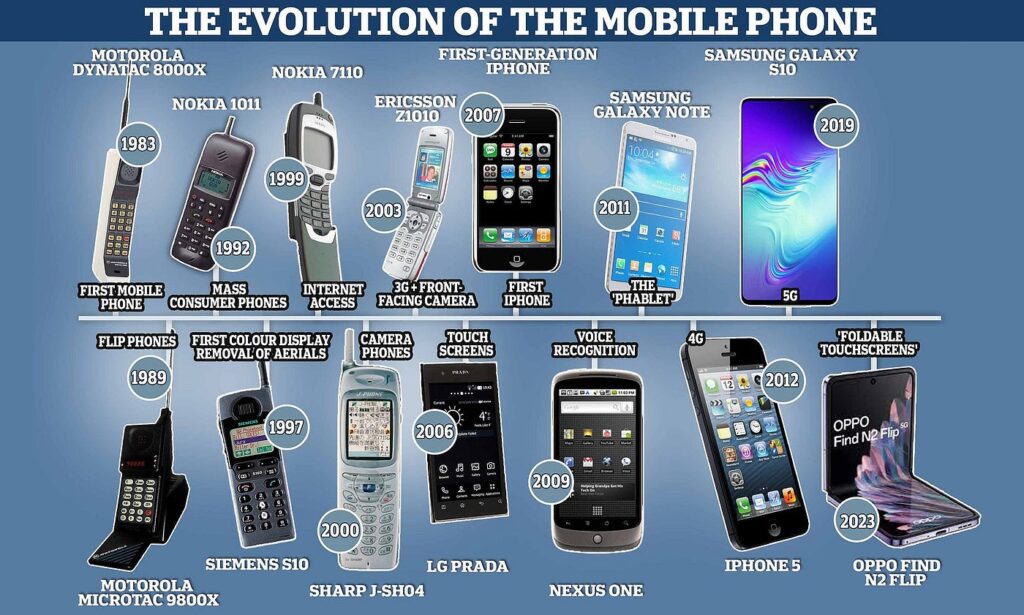For decades, computers have gotten faster, smaller, and more powerful. But we’re reaching the physical limits of what traditional computers—built on binary 1s and 0s—can achieve. Enter quantum computing, a groundbreaking technology that uses the principles of quantum mechanics to process information in ways unimaginable for classical machines.
While quantum computing sounds like science fiction, it’s already being developed by tech giants like Google, IBM, and Microsoft, and startups are racing to make it accessible. But what does this mean for everyday users like you and me? Will quantum computers replace our laptops and smartphones, or will they remain a niche tool for scientists?
This article breaks down the rise of quantum computing, how it works, its real-life applications, and what it means for the average person in the coming decade.

What Is Quantum Computing?
Traditional computers use bits that represent either a 0 or 1. Quantum computers, however, use qubits (quantum bits), which can exist as 0, 1, or both at the same time thanks to a principle called superposition.
Quantum computers also take advantage of:
-
Entanglement: Qubits can be linked so that changing one instantly affects the other, even at a distance.
-
Quantum Interference: Qubits can be manipulated to increase the probability of correct answers and cancel out wrong ones.
These properties allow quantum computers to solve complex problems exponentially faster than classical computers.
The Current State of Quantum Computing
Quantum computing is still in its early stages. Today’s quantum computers are not yet stable or powerful enough to replace classical machines. They require:
-
Ultra-cold environments near absolute zero.
-
Special shielding from noise and radiation.
-
Advanced error correction systems.
Companies like IBM (with IBM Quantum), Google (Sycamore), and D-Wave are pushing the boundaries, but we’re still years away from consumer-ready quantum laptops.
That said, progress is accelerating. IBM has already released roadmaps predicting 1,000+ qubit machines by 2030, and Google claims to be working toward quantum supremacy—the point where quantum computers can outperform the best supercomputers.
Everyday Applications of Quantum Computing
You may wonder: “How does this affect me? I don’t solve quantum equations!” The truth is, quantum computing won’t replace your smartphone—but it will reshape industries that impact your everyday life.
1. Healthcare and Medicine
Quantum computers can simulate molecules at the atomic level, allowing researchers to design new drugs and treatments faster. This means:
-
Faster development of vaccines.
-
New cures for diseases like cancer and Alzheimer’s.
-
Personalized medicine based on your DNA.
Example: A process that takes years with classical computers could be done in hours with quantum simulations.
2. Finance and Banking
Banks and financial institutions will use quantum computing for:
-
Fraud detection through analyzing massive datasets.
-
Portfolio optimization to maximize investments.
-
Risk management for more stable global economies.
This could mean safer online banking and better financial services for customers.
3. Transportation and Logistics
Quantum computing will optimize traffic systems, airline routes, and supply chains. Everyday benefits include:
-
Less traffic congestion in smart cities.
-
Cheaper delivery costs.
-
Faster travel with optimized flight routes.
4. Cybersecurity
While quantum computing could break traditional encryption (a major threat), it also promises quantum-safe encryption. Everyday users could see:
-
Stronger online privacy.
-
More secure messaging apps.
-
Protection against cybercrime.
5. Artificial Intelligence and Machine Learning
Quantum computing can analyze massive datasets much faster, making AI smarter and more useful. Everyday benefits could include:
-
Better personal assistants like Siri or Alexa.
-
More accurate recommendations on Netflix, Spotify, or shopping sites.
-
Faster problem-solving in education and healthcare.
Quantum Computing vs Classical Computing: What’s the Difference for Users?
| Feature | Classical Computer | Quantum Computer |
|---|---|---|
| Unit of Data | Bit (0 or 1) | Qubit (0, 1, or both) |
| Best For | Everyday tasks like browsing, gaming, office work | Complex simulations, optimization, AI, cryptography |
| Speed | Limited by binary processing | Exponential speed-up for specific problems |
| Availability | Affordable, personal devices | Still experimental, available to researchers |
Key Point: You won’t be browsing Facebook on a quantum laptop anytime soon. Instead, quantum computers will run in the background of industries, shaping the services you use daily.
Challenges of Quantum Computing
Despite the hype, quantum computing faces hurdles:
-
Cost: Machines are extremely expensive to build and maintain.
-
Stability: Qubits are fragile and prone to errors.
-
Scalability: Current machines only have dozens to hundreds of qubits.
-
Ethical Risks: Quantum power in the wrong hands could lead to cyberattacks or weaponized AI.
What It Means for Everyday Users in the Next Decade
In the next 10 years, here’s how quantum computing might touch your life:
-
Better Healthcare: Faster cures and more effective treatments.
-
Safer Online Experiences: Stronger encryption protecting your data.
-
Smarter Apps: AI-powered tools becoming more intuitive and helpful.
-
Cheaper Products and Services: Optimized logistics lowering costs.
-
Environmental Benefits: Quantum simulations helping design sustainable energy solutions.
You won’t own a quantum computer—but you’ll benefit from industries that use them.
Final Thoughts
The rise of quantum computing isn’t about replacing your laptop or smartphone—it’s about transforming industries behind the scenes. From healthcare breakthroughs to safer online banking and smarter AI assistants, quantum computing will indirectly shape our daily lives.
As tech giants race toward quantum supremacy, the next decade could be a turning point where problems once thought unsolvable become part of our everyday solutions.
For the average user, this means a future that’s healthier, safer, faster, and more connected—all thanks to the invisible power of quantum mechanics.


